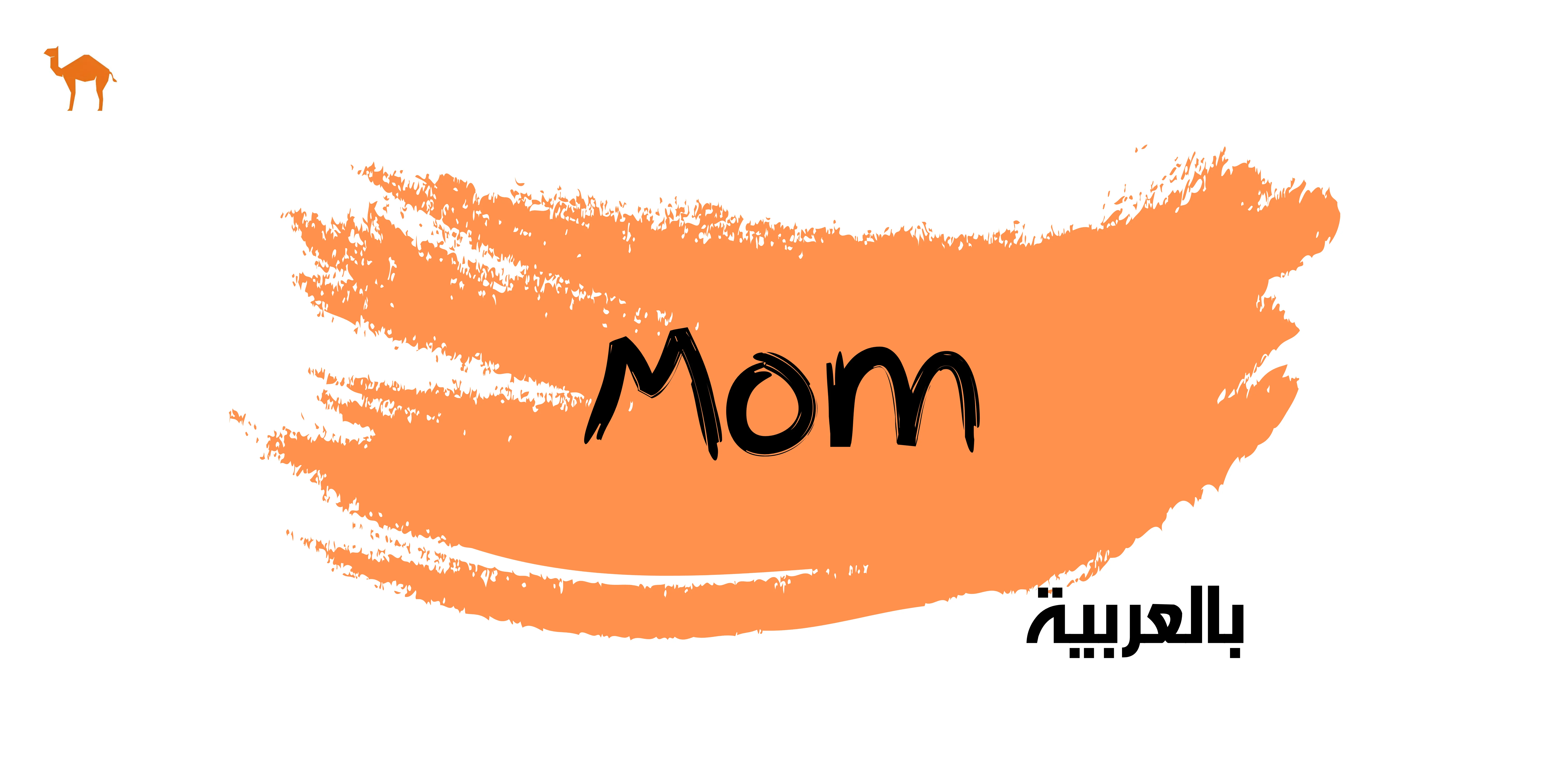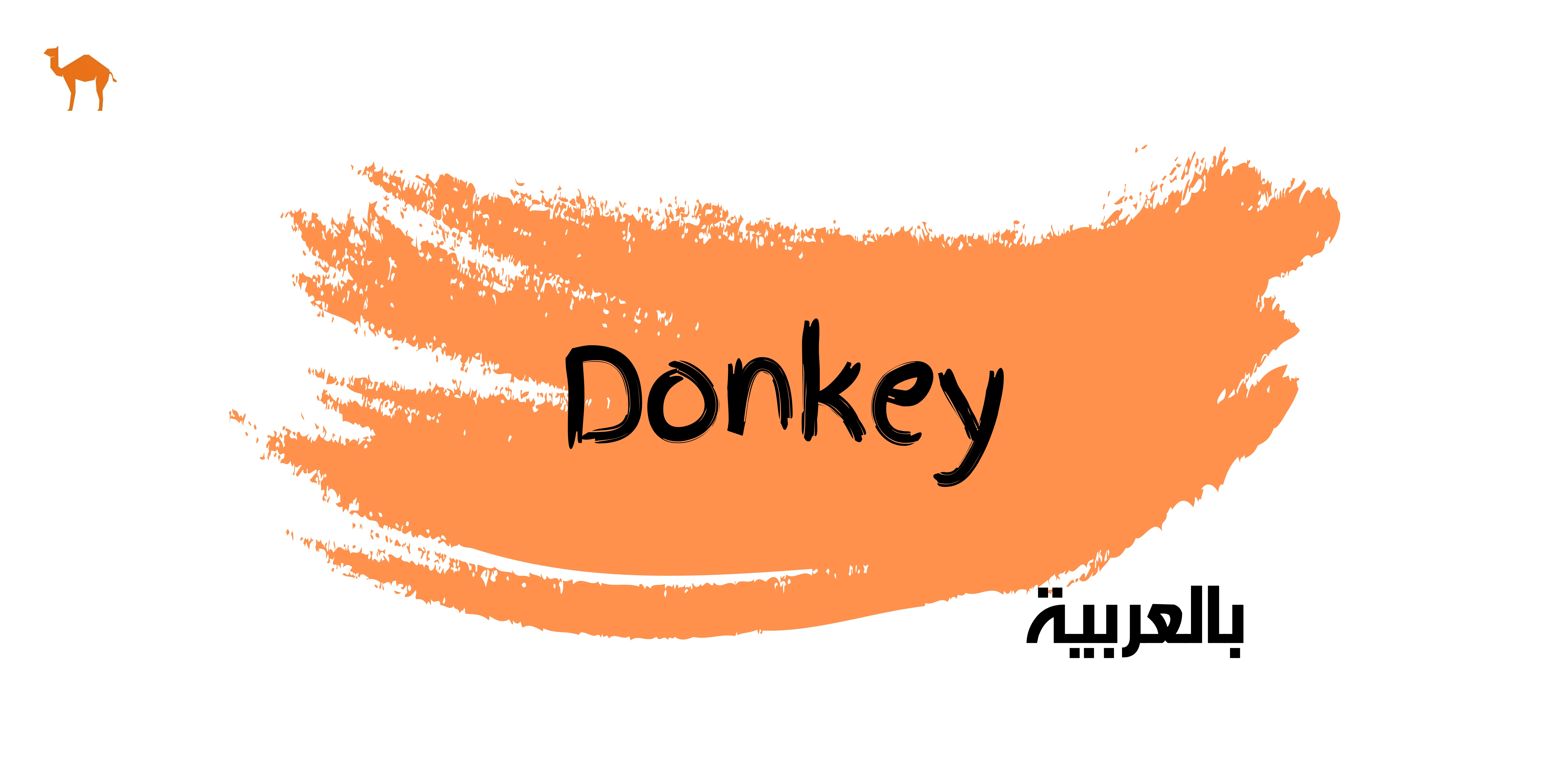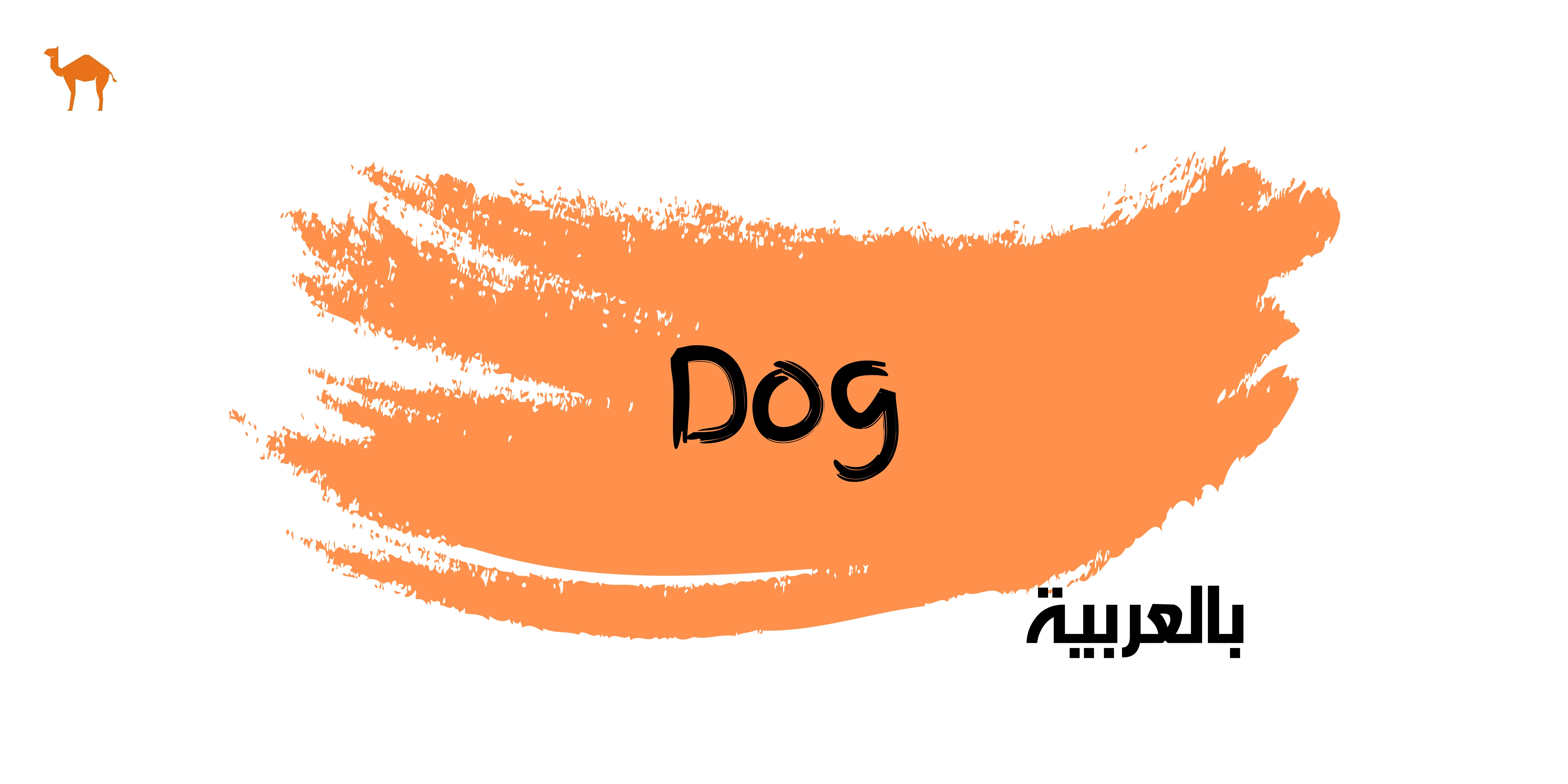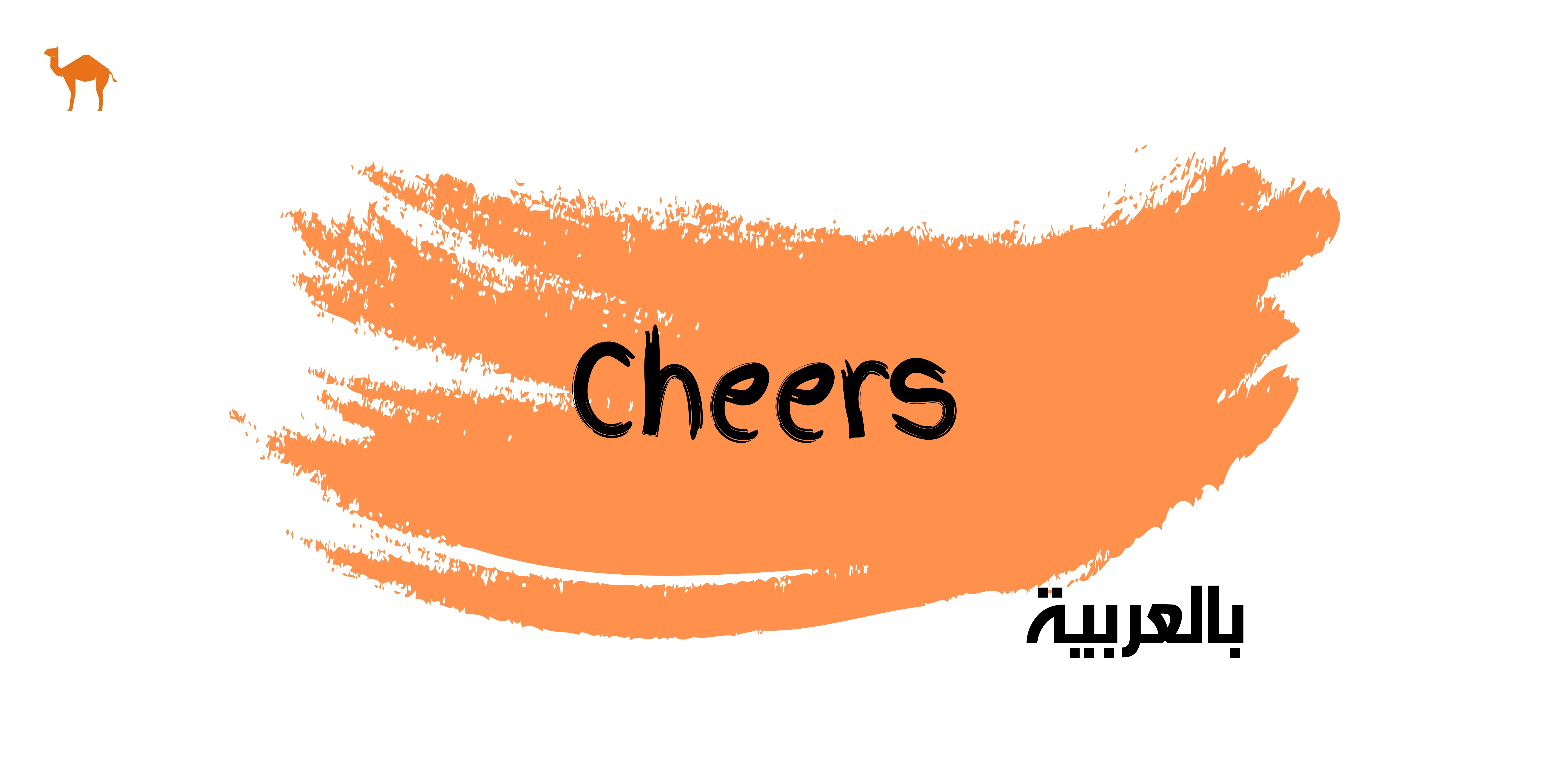How to Say 'Mom' in Arabic

Arabic is a beautiful and complex language with a rich history and culture. It is spoken by over 420 million people worldwide, making it the fifth most spoken language globally. If you are learning Arabic, one of the first things you want to know is how to say 'mom' in Arabic. This article will help you, continue reading!
How to Say Mom in Arabic
Each country in the MENA region has its colloquial dialect. 'Mom' in Arabic can be said in different ways, let’s get started!
- Umm - أم
The word "أم" (pronounced "umm") in Arabic means "mother." It's a term of endearment and respect used to refer to one's biological or adoptive mother. It's a deeply significant word in Arabic culture, reflecting the strong bond and reverence for mothers. Additionally, "أم" can be used metaphorically to refer to other entities as a nurturing or foundational figure.
Here are variations of "أم" (mom) with different pronouns in Arabic:
- My mom: أُمي (ummi).
- Your (masculine) mom: أُمكَ (ummak).
- Your (feminine) mom: أُمكِ (ummuki).
- His mom: أُمه (ummu).
- Her mom: أُمها (ummaha).
- Our mom: أُمنا (ummana).
- Your (plural masculine) mom: أُمكم (ummakum).
- Your (plural feminine) mom: أًمُكن (ummuken).
- Their mom: أُمهم (ummahum). - Walida - والدة
The word "Walida" (والدة) in Arabic means "mother" or "female parent." It is derived from the root word "walada" (وَلَدَ), which means "to give birth." So, "والدة" specifically refers to the woman who has given birth to a child. It's a formal and respectful term for mother, often used in written or formal contexts.
Here are variations of "والدة" (mother) with different pronouns in Arabic:
- My mother: والدتي (walidati).
- Your (masculine) mother: والدتك (walidatuk).
- Your (feminine) mother: والدتك (walidatik).
- His mother: والدته (walidatuh).
- Her mother: والدتها (walidataha).
- Our mother: والدتنا (walidatuna).
- Your (plural masculine) mother: والدتكم (walidatakum).
- Your (plural feminine) mother: والدتكن (walidatukun).
- Their mother: والدتهم (walidatuhum).
How to Say Mom in Arabic Dialects
Egyptian
Egyptian Arabic, also known as 'Masri' or Egyptian colloquial Arabic, is a spoken dialect of the Arabic language that is primarily used in Egypt. It is distinct from Modern Standard Arabic (MSA), which is the formal written language used in literature, media, and official communication across the Arab world. In Egyptian Arabic, "mom" is typically pronounced as "mama" (ماما) or "mami" (مامي). Both terms are commonly used to refer to one's mother in everyday conversation.
Gulf (Khaliji)
Gulf Arabic refers to the Arabic dialects spoken in the countries surrounding the Persian Gulf, including Saudi Arabia, Kuwait, Bahrain, Qatar, the United Arab Emirates, Oman, and parts of Iraq and Iran. It's also known as Khaliji Arabic. In this region, you'll often hear "Yummah" (يُمّه) as a way to address your mom. "Ommah" (أماه), which translates to "Oh Mom," is another option.
Levantine
Levantine Arabic refers to the variety of Arabic dialects spoken in the Levant region, which includes countries such as Syria, Lebanon, Jordan, Palestine, and parts of Iraq. It's one of the major branches of Arabic dialects. In the Levantine dialect, and increasingly across the Gulf and North Africa, three of the terms used for mother are "yamo" (يامو), "mami"(مامي) and "mama" (ماما). Overall, "mama" or "mami" is common across the region and in different languages.
Darija (Maghrebi)
"Darija" refers to the Arabic dialects spoken in the Maghreb region of North Africa, which includes countries such as Morocco, Algeria, Tunisia, Libya, and Mauritania. In the Maghrebi dialect, one of the terms for mother is 'lwalda' (لوالدة), with variations such as 'walida' (وليدة) in other countries.
The following nicknames reflect the love, affection, and respect that children often have for their mothers in Arabic-speaking cultures.
- Umayma (أُميمة) - A name derived from "أم" (um), meaning "little mother" or "dear mother."
- Hanna (حَنّة) - This word describes the tenderness of a mother's heart and her affection.
- Habebti (حبيبتي) - Means "my beloved" This term is sometimes used by children to address their mothers affectionately.
- Omri (عُمري) - Means "my life" This is another affectionate term sometimes used by children for their mothers.
Explore the richness of the Arabic language and culture with eArabic.io's online courses tailored for learners worldwide, whether you're a beginner or an advanced student, our comprehensive curriculum and expert instruction provide an immersive learning experience accessible from anywhere. Dive into the program in Arabic, designed to deepen your understanding and proficiency in this vital language. Book a free Arabic lesson!


